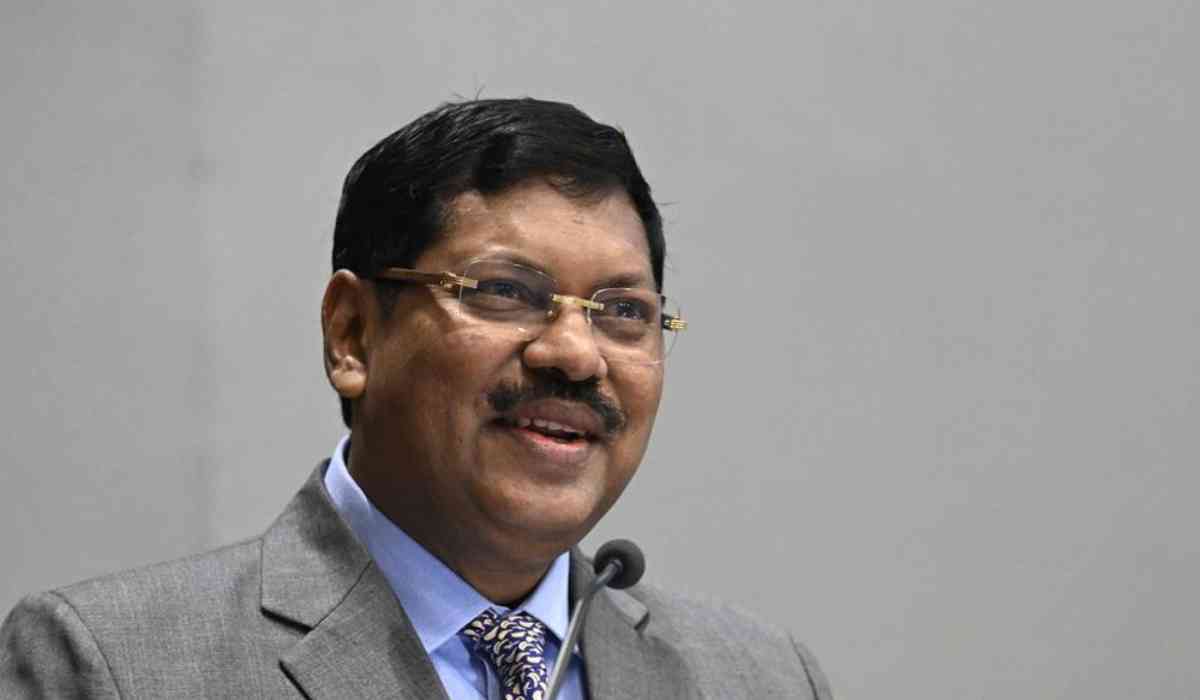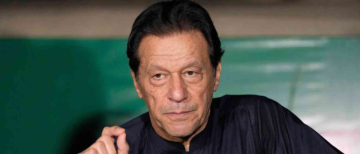In a pivotal moment for the Indian judiciary, Chief Justice of India (CJI) Sanjiv Khanna has officially recommended Justice Bhushan Ramkrishna Gavai as his successor. Justice Gavai, the senior-most judge in the Supreme Court, is slated to become the 52nd Chief Justice of India on May 14, 2025, following the retirement of CJI Khanna on May 13, 2025.
Justice Gavai's appointment not only marks a significant step in his illustrious judicial career but also holds cultural and social significance, as he will become only the second Dalit to hold the top judicial position in India, after Justice KG Balakrishnan in 2007.
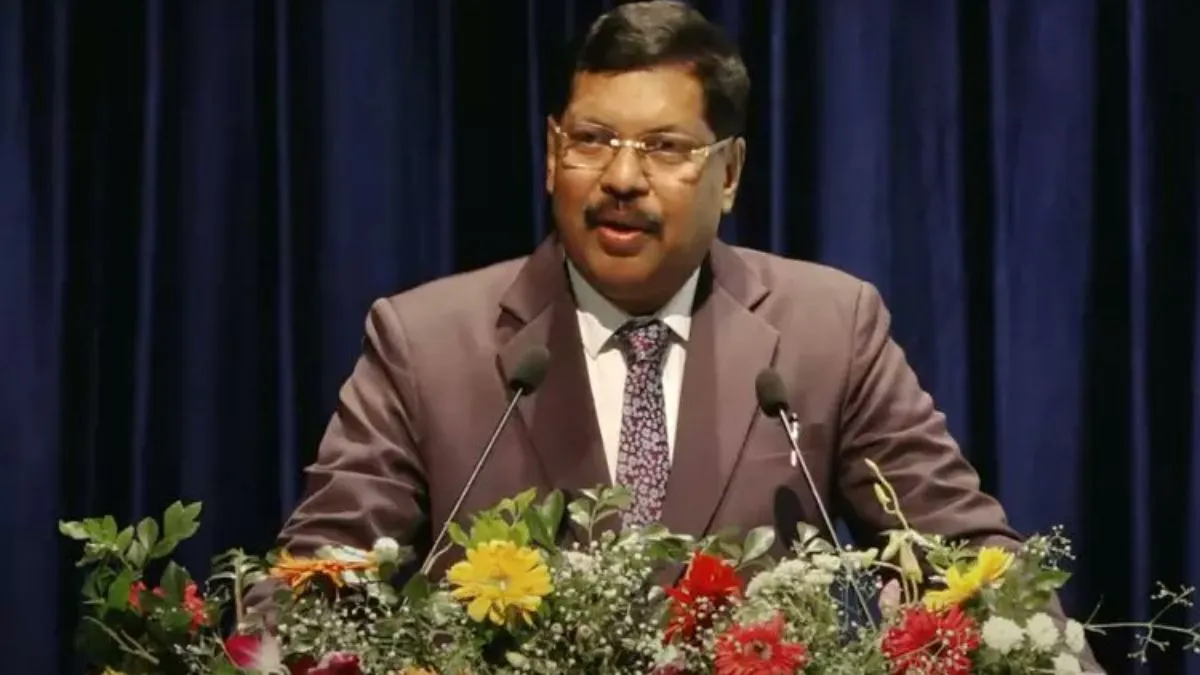
Early Life and Legal Career of Justice Gavai
Born on November 24, 1960, in Amravati, Maharashtra, Justice Bhushan Gavai began his legal journey on March 16, 1985. He initially practiced law under the late Barrister Raja S. Bhonsale, former Advocate General and High Court Judge, until 1987. Afterward, Justice Gavai practiced independently at the Bombay High Court until 1990, specializing in Constitutional and Administrative Law.
His legal expertise spans various facets of law, including representing key civic and educational bodies. Justice Gavai served as Standing Counsel for the Municipal Corporations of Nagpur and Amravati and for Amravati University.
Judicial Milestones
Justice Gavai's judicial career took off in 2003 when he was appointed as an Additional Judge at the Bombay High Court. He was later made a permanent judge in 2005, and his tenure at the High Court saw him serve in several key positions, including Assistant Government Pleader and Public Prosecutor.
His elevation to the Supreme Court in 2019 marked the pinnacle of his career. Since then, Justice Gavai has been part of several landmark rulings and constitutional benches.
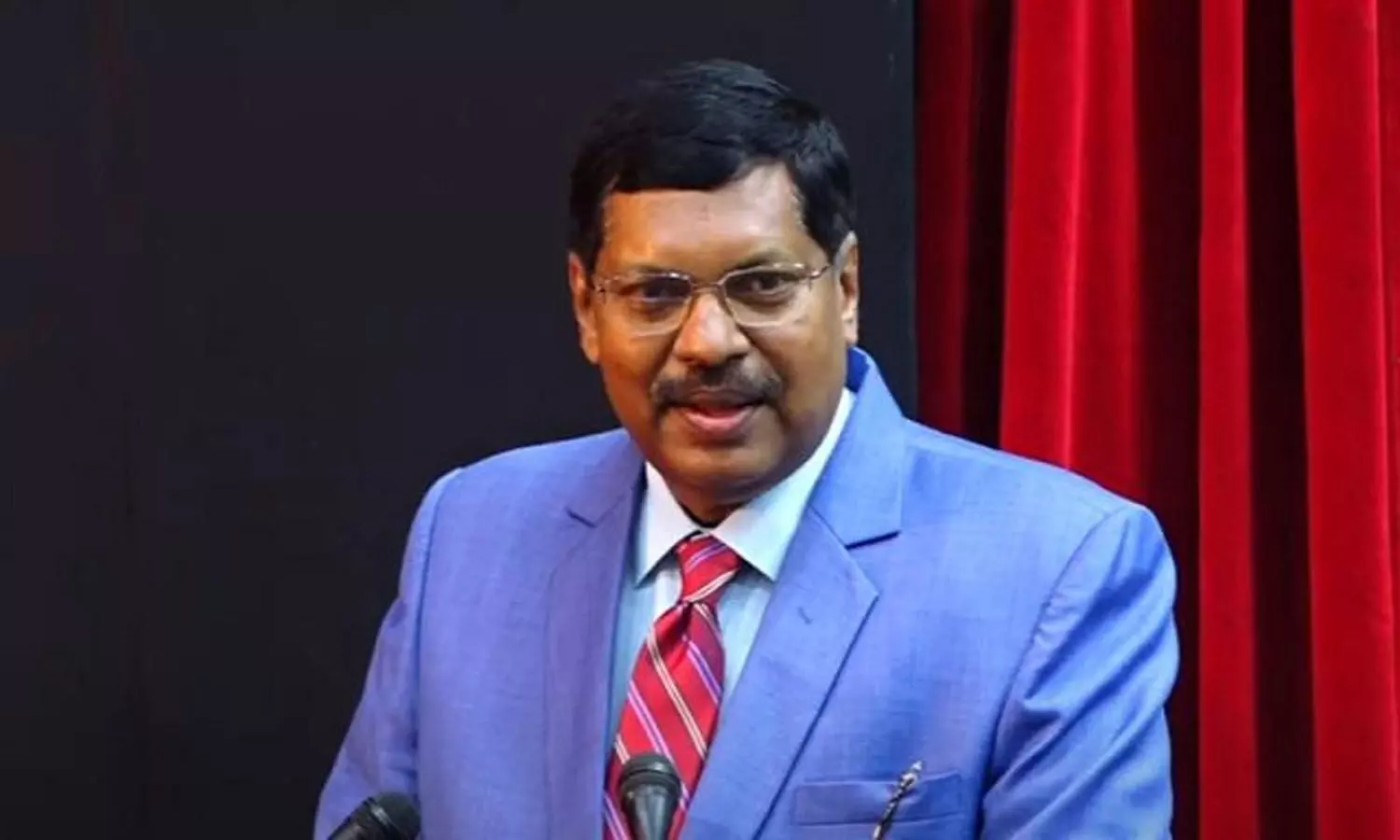
Major Contributions as a Supreme Court Judge
Justice Gavai has been at the center of several critical rulings, which have had profound implications for Indian law and governance:
-
Article 370 Abrogation (December 2023): Justice Gavai was part of the five-judge bench that upheld the Centre's move to remove Article 370, which granted special status to Jammu and Kashmir.
-
Demonetisation Verdict (2016): Justice Gavai also played a key role in upholding the Centre's controversial demonetisation decision, which invalidated ₹500 and ₹1,000 currency notes.
-
Electoral Bonds Scheme: As part of a five-judge bench, Justice Gavai was involved in striking down the electoral bonds scheme for political donations, which was deemed unconstitutional due to its lack of transparency.
-
Sub-Categorization of Scheduled Castes: Justice Gavai was a member of a seven-judge bench that ruled that states could create sub-categories within Scheduled Castes to provide reservations for the most disadvantaged among them.
-
Property Demolition Judgement: Another significant decision led by Justice Gavai mandated that no property be demolished without prior notice, ensuring affected individuals had at least 15 days to respond to a showcause notice.
-
Arbitration Clauses: A seven-judge bench, including Justice Gavai, ruled that arbitration clauses in unstamped or insufficiently stamped agreements remain valid, emphasizing that the defect can be rectified.
Career Timeline
Justice Gavai’s career trajectory has been nothing short of exemplary. Here are the key milestones:
-
1985: Enrolled as an advocate, initially practicing under Barrister Raja S. Bhonsale.
-
1992-2000: Served as Assistant Government Pleader and Additional Public Prosecutor at the Nagpur Bench of the Bombay High Court before being promoted to Government Pleader and Public Prosecutor in 2000.
-
2003: Appointed as an Additional Judge at the Bombay High Court and later made a permanent judge in 2005.
-
2019: Elevated to the Supreme Court of India, where he has been involved in several key rulings.
Justice Gavai will retire in November 2025, after serving as CJI for a brief but impactful tenure of about six months. His appointment as CJI solidifies his place as one of the most influential legal minds in modern Indian history.
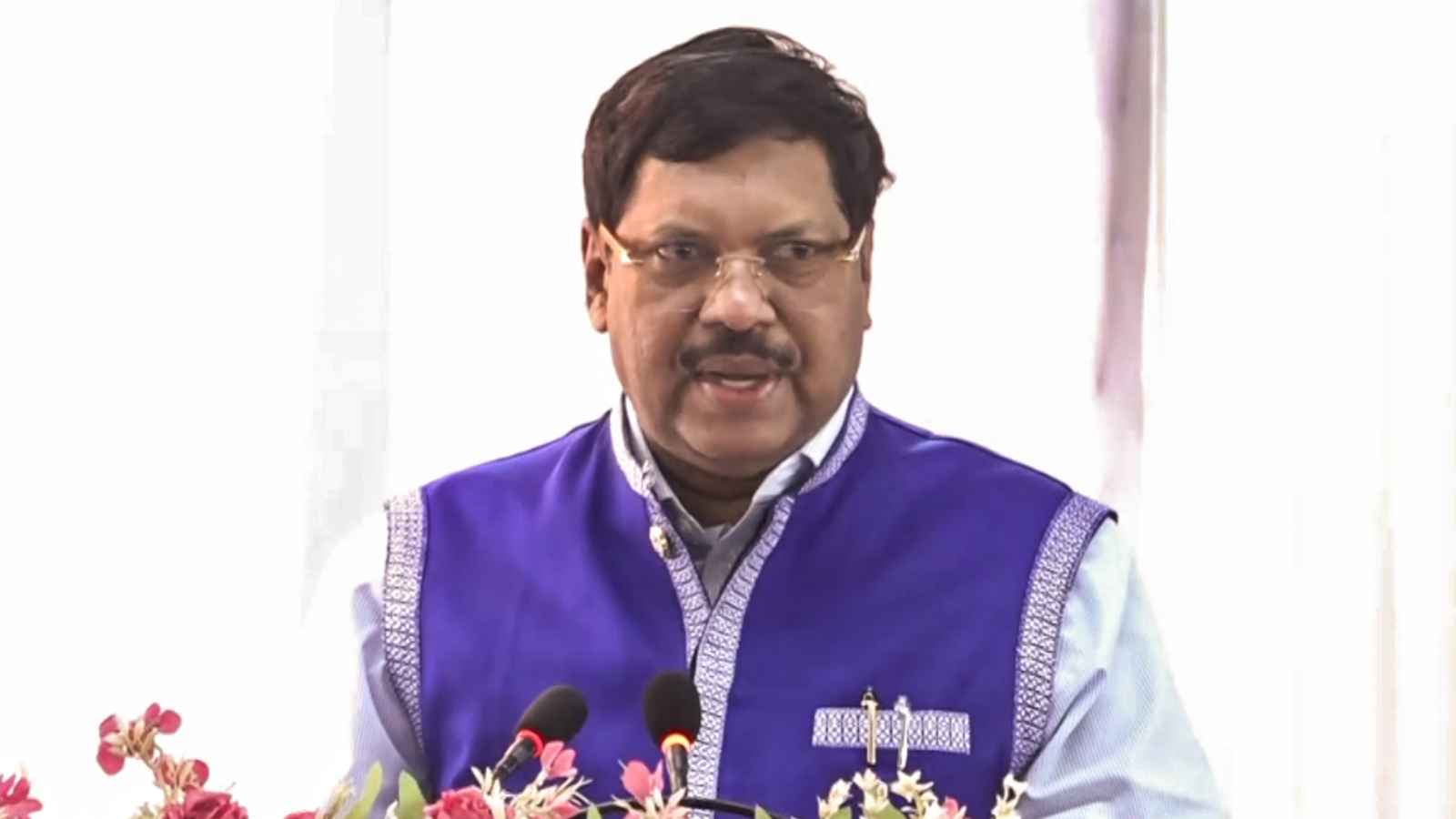
Procedural Aspects of His Appointment
The process for appointing a new Chief Justice of India is governed by the Memorandum of Procedure (MoP), which mandates that the senior-most Supreme Court judge be considered for the position. In this instance, CJI Khanna’s recommendation for Justice Gavai was in line with this practice, ensuring that the transition follows constitutional protocols. The Law Minister forwards the CJI’s recommendation to the Union Law Ministry for final approval, after which the new CJI takes the oath of office.
A Historical Moment for India’s Judiciary
Justice Bhushan Ramkrishna Gavai's ascension to the office of Chief Justice of India is not just a testament to his legal acumen but also to the inclusive progress within the judiciary. His appointment as the second Dalit to hold this prestigious position further enriches India’s commitment to social justice and equality. As he prepares to take the oath on May 14, 2025, the nation looks forward to his leadership, which will undoubtedly continue shaping the trajectory of India's legal landscape in the years to come.
With inputs from agencies
Image Source: Multiple agencies
© Copyright 2025. All Rights Reserved Powered by Vygr Media.

